Here's Why Your Cat Sleeps so Much
Published Feb. 9 2021, 3:28 p.m. ET
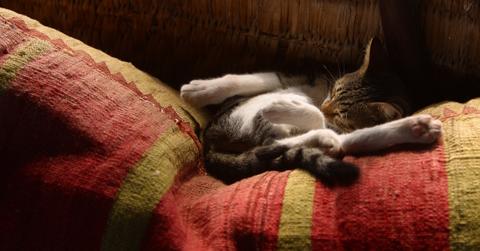
Chances are good that if you decided to go look for your cat right now, you’d find them snoozing comfortably somewhere in your home. It’s also entirely possible that they’re curled up on your lap or lying across your keyboard. We all know that our feline friends love a cat nap, but even the most initiated pet parents probably find themselves wondering: Why does my cat sleep so much? Keep reading, and we’ll try to shed some light on all that shuteye.
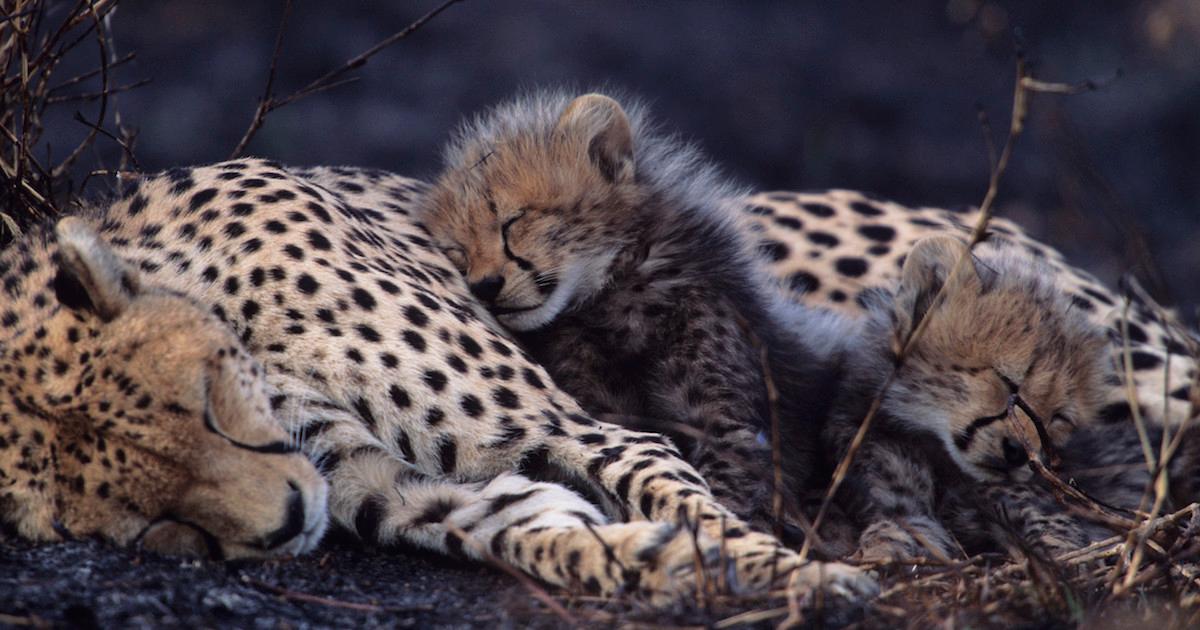
Why do cats sleep so much?
In the wild, cats sleep as a means of conserving energy. According to Animal Planet, cats hunt by chasing their prey and taking them down with a final burst of energy. If they don’t have that energy, they don’t catch their prey, and that means they don’t eat. As a result, most big cats have evolved to spend most of their time either sleeping or relaxing in preparation for the hunt.
That’s all well and good for wild cats, but what does this have to do with house cats? The reason is actually pretty simple: Domestic cats have the same genetic programming as their wild cousins. So even if they never have to worry about where their next meal will come from, they still feel compelled to save up energy, just in case.
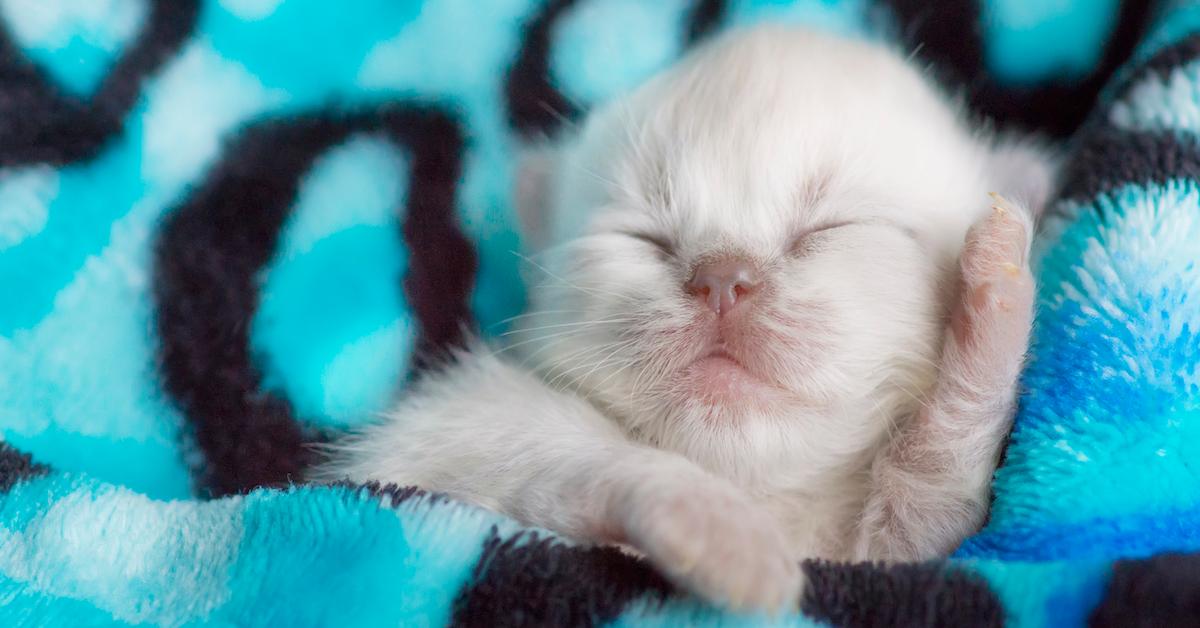
How much do cats sleep a day?
According to the Memphis Emergency Animal Center, cats are heavy sleepers throughout their entire lifecycle. They sleep all day as kittens, getting up only to eat and experience brief bursts of energy. Adults sleep an average of 16 to 20 hours every day, while older cats tend to sleep even more because of a lack of youthful energy.
When should my cat be sleeping?
According to the Oakland Veterinary Referral Services (OVRS), cats are classified as crepuscular, which means they are most active at dawn and dusk. One might assume that life as our pets would see them acclimate to our schedules, as most dogs do. However, anyone who has ever had a cat will know that they are not the type of creatures to “acclimate” to the whims of anyone else, especially not those of humans.
Still, most cats are adaptable enough to adjust their sleeping schedules so that they are awake during feeding times.
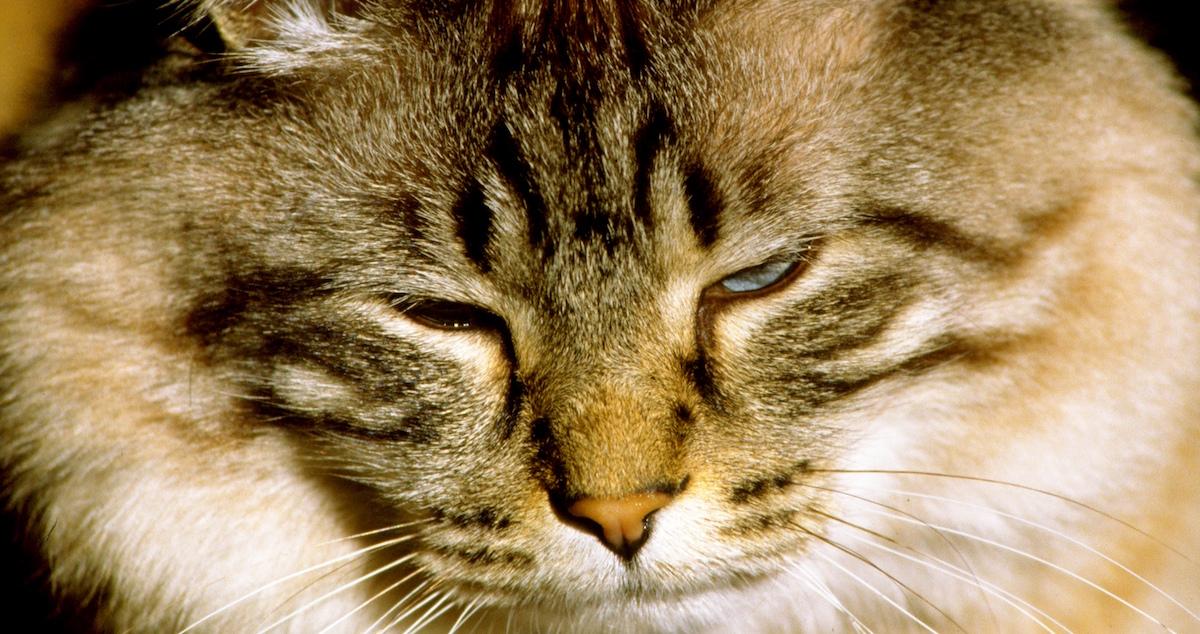
How long do cat naps last?
The experts at OVRS indicate that cat naps usually consist of 15 to 30 minute stretches. Yet even during these naps, they are still ready to pounce at a moment’s notice. Cats have highly enhanced senses, attuned by millions of years of evolution. You can take the cat out of the wild, but you can’t take the wild out of the cat.
Do cats sleep more or less depending on the weather?
Domestic cats tend to be active whenever they bloody choose to be, though most of them stick to an established crepuscular schedule. They also tend to sleep longer and deeper on cold, rainy days, while enjoying lighter, five-minute naps when the weather is warm or clear. That doesn’t preclude them from wiling away the afternoons by snoozing in a patch of warm sunlight, however.
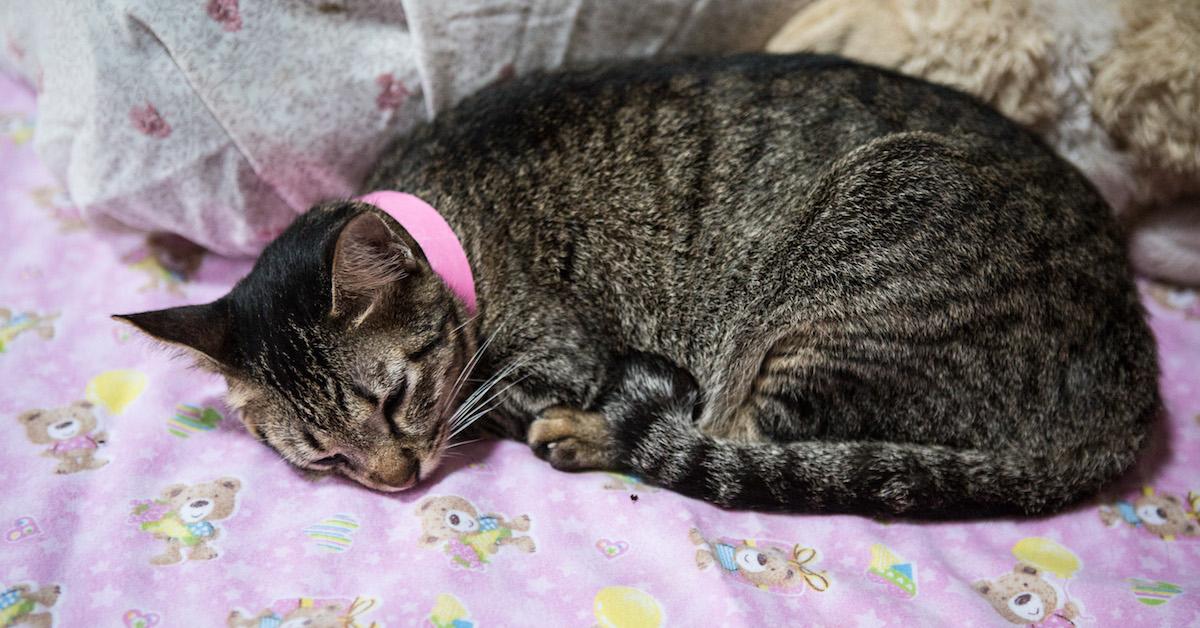
When should I worry about my cat’s sleep patterns?
According to the Memphis Emergency Animal Center, you should only be concerned about your cat’s sleep when their sleep pattern begins to change dramatically. If you find that your cat is sleeping much more or much less than usual, or that they are missing meals by oversleeping, it’s time to call the vet. Cats that sleep too much might be suffering from an illness or pain, and those that sleep too little could have an underlying condition like hyperthyroidism.